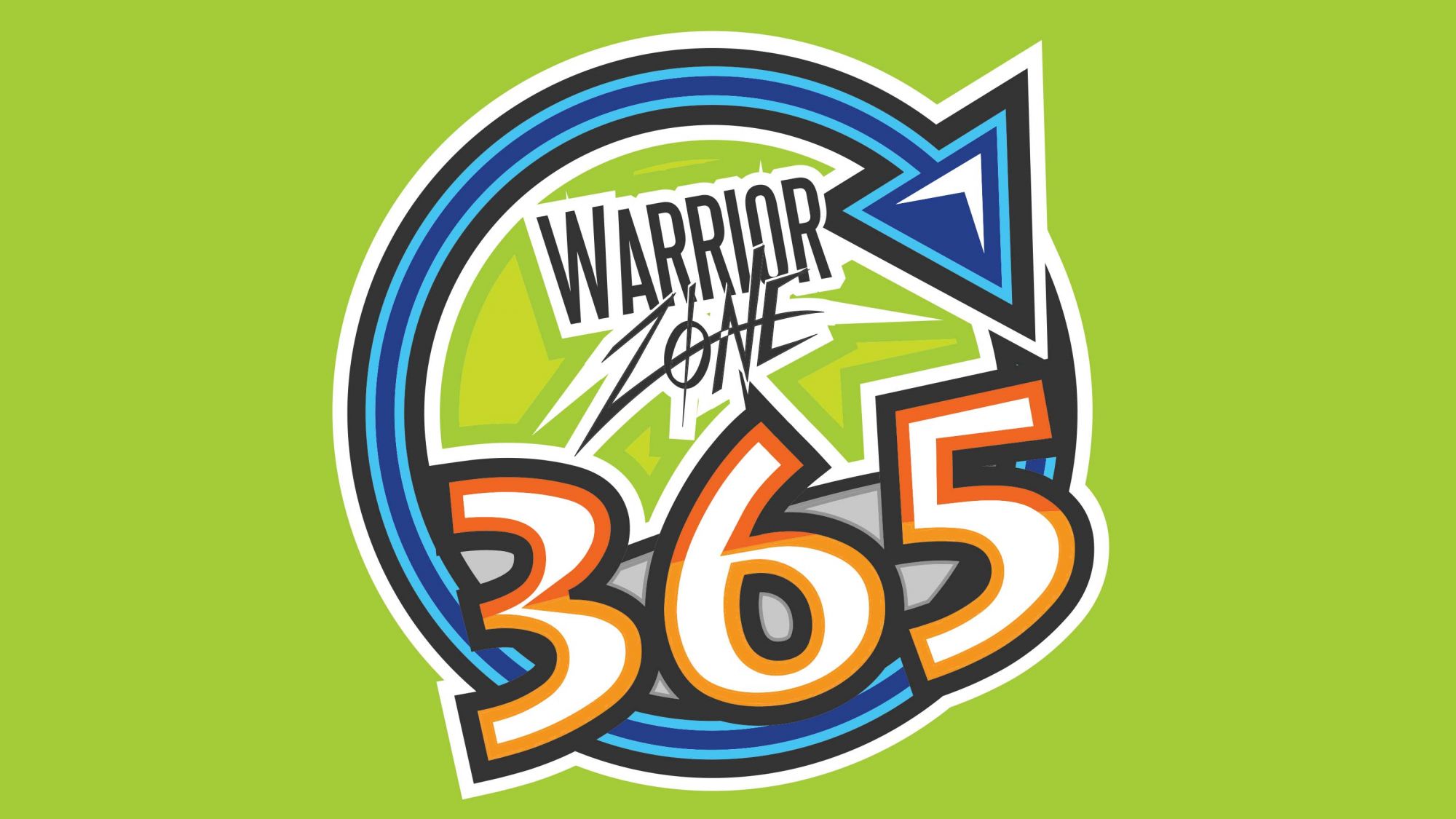- Child Health Assessment (physical examination): Children age 8 or under, enrolling in a Kansas school for the first time, will be required to present results of a Child Health Assessment to have been completed within 12 months of school entry or within 90 days after school entry. This also applies to preschool children entering school for the first time. Parents are strongly encouraged to make appointments early for completion of the Health Assessment prior to the first day of school.
- Kansas Certificate of Immunization Card (KCI)
- Grade cards, certified transcripts, special education IEPs, or similar record or data of previous school attendance
- Proof of identity (birth certificate, passport, driver’s license)
What is a Unique Military Child Identifier? Numerous states have enacted a voluntary report-only self-identification of military children within their public school systems. This data collection would allow monitoring of critical elements such as academic progress and proficiency, special and advanced program participation, mobility and dropout rates. Requirements and method of collection vary from state to state.
Impact Aid
Many local school districts across the United States include within their boundaries parcels of land that are owned by the Federal Government. They must provide a quality education to the children living on the Indian and other Federal lands while sometimes operating with less local revenue than is available to other school districts, because the Federal property is exempt from local property taxes.
Congress has provided financial assistance to these local school districts through the Impact Aid Program. Each year Military members and Federal employees complete a Survey Form. The amount of Impact Aid – or federal assistance –received is determined by the number of eligible parents/guardians who complete the survey form. It partially compensates school districts affected by federal activity for local tax losses resulting from tax-free federal installations.
*Notice - The above pdf contains links to non-DoD websites. By clicking on one of the links you will be exiting the Army MWR NAF-funded website
At overseas/international locations where there is not a Department of Defense Education Activity (DoDEA) school, NDSP supports a variety of options for your children, ranging from public or private schools to homeschool programs. NDSP has a team of education specialists who are available to provide transition and educational support and coordination for all students, including those with special needs. Sponsors are encouraged contact the NDSP as soon as possible for specific school information.
Phone Number +1 (571)372-5863 or +1 (571)372-1897
Where do the children of on-post housing occupants attend school?
Children in kindergarten through 5th grade attend one of four elementary schools on post. Grades 6-8 attend Fort Riley Middle School on post. High school-aged youth, grades 9-12, are bused to Junction City High School.
How old must my child be to start kindergarten?
Any child who attains the age of 5 on or before Aug. 31 of the school year is eligible to attend kindergarten in the state of Kansas. Also, any child who was a resident in another state and was enrolled in and attended kindergarten is eligible for kindergarten in Kansas, regardless of the child’s age.
Are students required to wear school uniforms in Fort Riley schools?
None of the public school districts serving the Fort Riley area are currently requiring uniforms for students. Each school district does have its own policy regarding appropriate dress for school. Check with your specific school’s principal for information regarding these policies. Some private schools in the area do have uniform policies.
What records and documents will I need to enroll my child in school?
School enrollments typically take place at the school building your student will be attending. Parents are strongly encouraged to bring photocopies of all academic records with them whenever they PCS to a new duty station (do not put these with your household goods).
The following records are required at the time of your student’s enrollment:
What are the Kansas graduation requirements?
Wondering about graduation requirements in the Fort Riley Area? Check the resources below for answers.
U.S. Department of Education guidance for highly mobile children
Ensuring a high-quality education for highly mobile children is a critical responsibility for all of us. Highly mobile children include children experiencing frequent family moves into new school districts, such as military-connected children, migrant children, children in the foster care system, and children who are homeless. While these children often possess remarkable resilience, they also experience formidable challenges as they cope with frequent educational transitions. Learn more here.
Military OneSource resources for children with special needs
Access information including an education directory for children with special needs, an overview of special education, your PCS and special education services and more.


